Curated OER
The Greek Temple
Pupils engage in a lesson plan about the traditional Greek Temples and reflect upon how they are considered a work of art in modern times. They look at the architectural features that include the stylobate, columns, and the cornice. They...
Curated OER
Skellig
In this Skellig worksheet, learners read to understand the works of David Almond and learn about his life. Students read eleven passages and then answer ten questions related to reading for meaning and understanding the author's craft.
Curated OER
British/American English Spellings
Ninth graders complete oral and writing spelling activities to practice British and American spellings. In this British/American spelling instructional activity, 9th graders complete an oral class spelling activity and then a worksheet...
Curated OER
Mary Cassatt: Impressionist Connection
Learners read information about Mary Cassatt and study examples of her Impressionist art. In this art history lesson, students read about the life and art of Mary Cassatt. Learners then study her art 'Little Girl in a Blue Armchair.'...
Curated OER
Young Adults Who Give and Receive Help
Students analyze how young adults view and experience the social impact of giving and receiving help. In this behavior analysis lesson, students discuss acts of kindness and motivations behind the acts. Students examine all aspects of...
Curated OER
Visual Arts
Third graders explore The Banjo Lesson by Henry Ossawa Tanner, The Bath by Mary Cassatt, and Tar Beach by Faith Ringgold.
Curated OER
Food Pyramid Picnic
Second graders discuss the food pyramid and appropriate choices for each food group. They plan a nutritional meal for a picnic lunch and make a class book. As a culminating event, the class plans and enjoys a picnic.
Curated OER
Fame, Fortune and Responsibility
Students become aware of the problem with HIV/AIDS in Madagascar and Kenya. This lesson brings a social awareness of a variety of issues to students through the study of celebrities and their causes.
Curated OER
Geography and AIDS
Students use Internet research to complete and compare maps and view a video to explore the AIDS/HIV crisis in parts of Africa. They discuss their findings.
Curated OER
We Need All Five!
Second graders review foods and their groups. They discuss the reasons why they need to eat from all five food groups. They try to write using only a few of their five fingers to see what happens when you don't use all five fingers.
Curated OER
"Now I Can Read"
Second graders divide into four groups taking turns as one person can read a book through once. They practice reading it again more smoothly with expression and then choose one of their favorite characters from the book. The members...
Curated OER
Applying For The Mission
Students participate in a live simulation of traveling through space as part of a large science unit. They are encouraged to go into the community and ask for participation from parents and relatives. Students reflect upon their own...
Curated OER
When Electronics Are No Longer Useful to Us: Disposing Responsibly
Students discover ways to recycle electronics. Through discussion and research, they identify ways in which electronics that are improperly disposed can be harmful to the environment. Students explore how to responsibly dispose of...
Curated OER
Vocabulary: Talking About Your Work 1
In this vocabulary worksheet, students read 10 sentences about working and choose the best response for the blank word. Students use their best judgment in correct grammar.
Curated OER
Breaking News English: Croation Homosexuals Make a Stand
For this English worksheet, students read "Croation Homosexuals Make a Stand," and then respond to 47 fill in the blank, 7 short answer, 20 matching, and 8 true or false questions about the selection.
9/11 Memorial & Museum
National September 11 Memorial & Museum: Accepting and Embracing Differences [Pdf]
The National September 11 Memorial & Museum has partnered with the New York City Department of Education and the New Jersey Commission on Holocaust Education to develop a robust set of 9/11 lessons for K-12 classrooms. Each lesson...
PBS
Pbs: Lesson Plan: A Nation of Many Cultures
This lesson plan is based on the "America Responds" series where students explore the concepts of valuing diversity and appreciation of cultural differences. An integrated art, social studies, and language arts lesson plan that is...
Scholastic
Scholastic: Book Files: Bridge to Terabithia [Pdf]
"Bridge to Terabithia", a Newbery Award winner by Katherine Paterson is a contemporary novel of friendship, accepting differences, giving, imagination, and caring for others. Friends, Jess and Leslie live in rural Virginia community....
Other
Divorce Grounds in New York
States may differ widely on what are acceptable grounds for divorce. This page explains the six grounds that are found in New York State.
Polk Brothers Foundation Center for Urban Education at DePaul University
De Paul University: Center for Urban Education: New Leadership [Pdf]
"New Leadership" is Harold Washington's Acceptance Speech as Mayor of Chicago on April 12, 1983. It is followed by an assignment which requires students to provide evidence from the text; it includes comparing Washington's election as...
Mathigon
Mathigon: Euclidean Geometry: Euclid's Axioms
This lesson focuses on Euclid's Axioms, simple, intuitive statements, that everyone agrees are true. An axiom(or postulate) is a mathematical statement that is regarded as "self-evident" and accepted without proof. A key part of...
Curated OER
President George W. Bush, Accompanied by First Lady Laura Bush
Coverage from NPR on the Republican Convention from many different angles as well as the entire Bush acceptance speech.


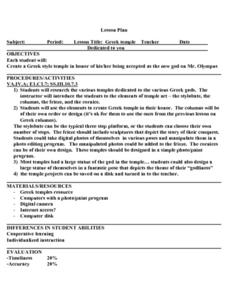


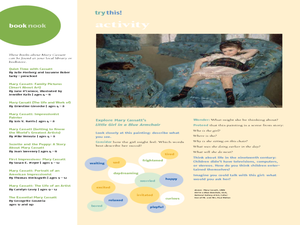
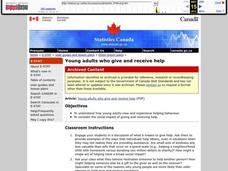
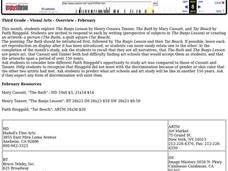


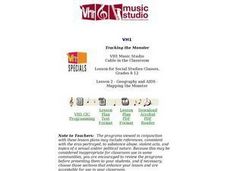






![National September 11 Memorial & Museum: Accepting and Embracing Differences [Pdf] Lesson Plan National September 11 Memorial & Museum: Accepting and Embracing Differences [Pdf] Lesson Plan](https://d15y2dacu3jp90.cloudfront.net/images/attachment_defaults/resource/large/FPO-knovation.png)
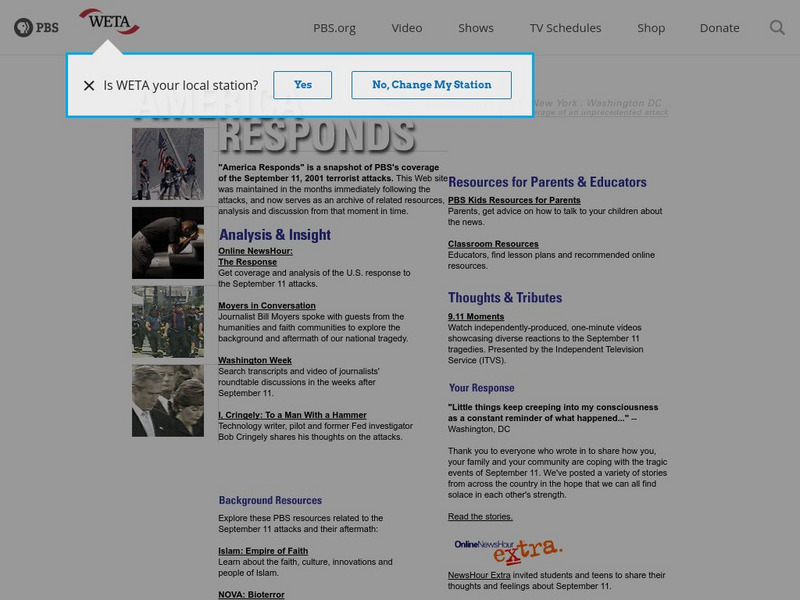
![Scholastic: Book Files: Bridge to Terabithia [Pdf] Unit Plan Scholastic: Book Files: Bridge to Terabithia [Pdf] Unit Plan](https://content.lessonplanet.com/knovation/original/38059-96a3f306f97494b813b93921164bb84f.jpg?1661519062)